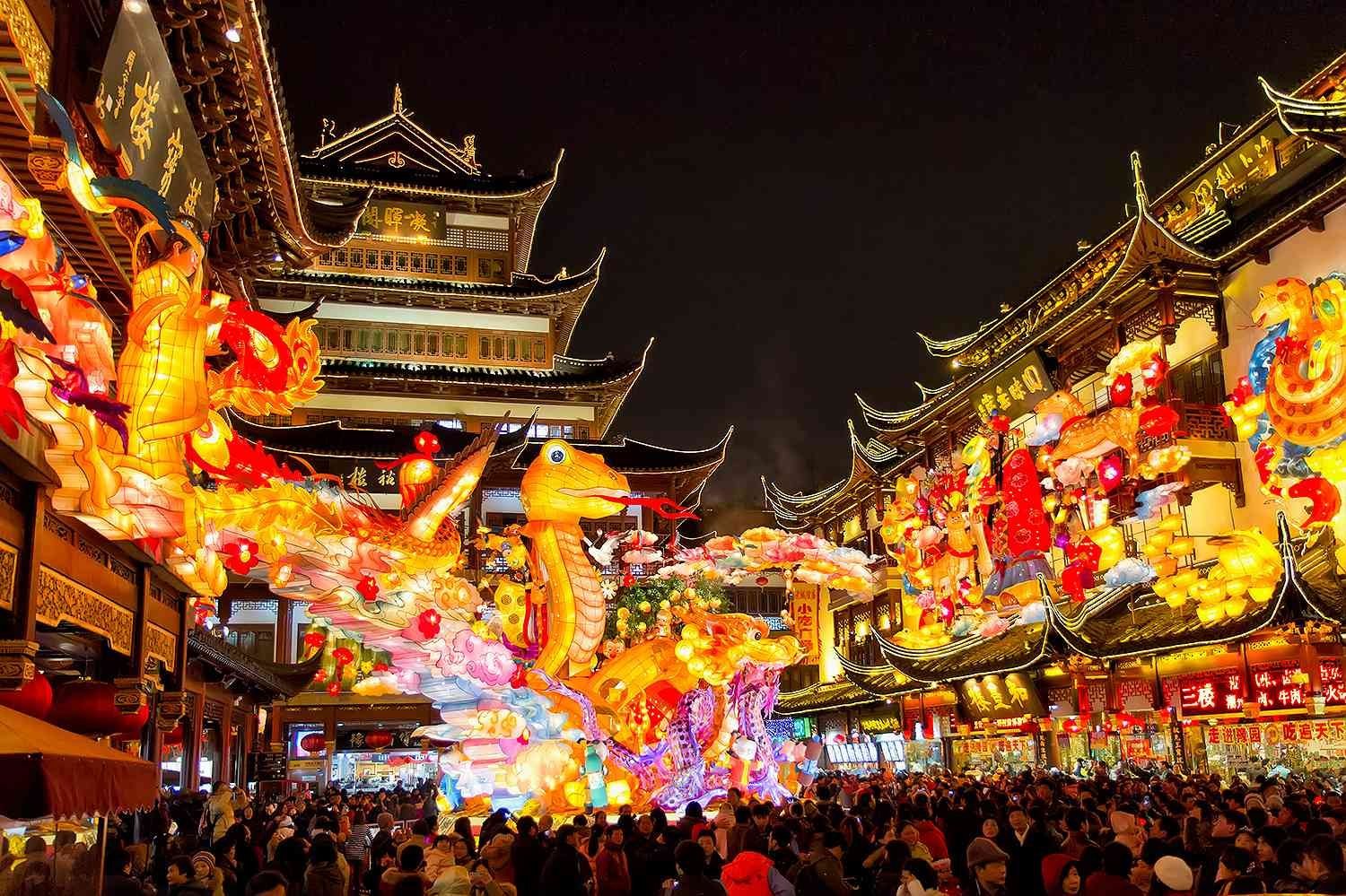China Braces for Covid Surge as Lunar New Year Travel Rush Begins – On Monday, many passengers carrying luggage traveled to railway stations and airports in large cities in China to return home for holidays. Health experts are concerned that this could lead to a worsening of the Covid-19 outbreak, which has caused thousands of deaths. Despite having strict anti-virus measures in place for the past three years, China abruptly ended its policy of trying to completely eliminate the virus in early December, allowing it to spread among its population of 1.4 billion.
On Saturday, it was announced that around 60,000 people who had Covid-19 had died in hospitals between December 8th and January 12th, which is a significant increase from previous figures. These previous numbers had been criticized by the World Health Organization for not accurately reflecting the extent and seriousness of the outbreak. Some experts say that these numbers likely do not include many people who died at home, particularly in rural areas with weaker healthcare systems. Some experts predict that more than one million people in China will die from the disease this year.
People Also Read: China Reopens Borders As Lunar New Year Travel Kicks Off Amid Covid Surge
Ahead of the lunar new year holidays, also known as the spring festival, which officially starts on 21 January, state media has been filled with stories of rural hospitals and clinics bolstering their supplies of drugs and equipment. “The peak of Covid infection in our village has passed, but the spring festival is approaching and there are still left-behind villagers, especially elderly people, at risk of secondary infection,” a doctor in Shaanxi province said in an article by regional news outlet Red Star News.
“If the anti-viral and other drugs were more abundant, I would be more confident.” The National Health Commission in China has announced that in addition to providing fever medication and oxygen, every village clinic will be equipped with pulse oximeters, which are commonly used during the pandemic to quickly measure oxygen levels. There have been reports of large crowds of people leaving the capital city of Beijing by train in recent days.
In Shanghai, the most populous city in China, additional night trains have been added to accommodate the high demand of travelers going to the eastern Anhui province, as reported by the official state news agency Xinhua. On Saturday, the daily number of visitors to Macau, a popular gambling destination, reached a new high since the start of the pandemic with over 55,000 arrivals.
Additionally, Hong Kong plans to increase the daily number of people allowed to cross designated land borders to mainland China from 50,000 to 65,000 between January 18th and 21st. China’s transport ministry has said it expects more than 2bn trips in the weeks around the holidays. The revival of travel in China has lifted expectations of a rebound in the world’s second-largest economy, which is suffering its lowest growth rates in nearly half a century.
People Also Read: China Has Stopped Publishing Daily COVID Data Amid Reports Of A Huge Spike In Cases
Those hopes helped lift Asian equity markets on Monday, adding to gains of 4.2% last week. China’s blue-chip index was up 0.6% on Monday, while global oil prices have also been supported on expectations of a recovery in demand from China, the world’s top importer. Chinese data on economic growth, retail sales and industrial output due out this week are certain to be dismal, but markets will probably look past that to how China’s reopening could bolster global growth, analysts say.




